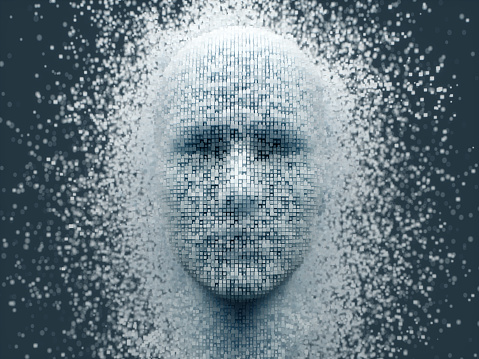
The term “Technological Singularity” or as it is otherwise known “The Singularity”, is a common theme in science fiction. There are a lot of books, comics and movies about how robots become intelligent and gain a sort of consciousness where they no longer need to be controlled by humans. Usually, they form an uprising and enslave the human race. If you’ve watched movies like The matrix and Transcendence, you’ll understand what I’m talking about.
But this is just the impression of it that we have gotten from the movies and the books though. However, every year, the concept of technological singularity seems to gain more credence and it is raising some really interesting questions.
Is ‘The Singularity’ real? Is it feasible? Could it be a good thing? Or would it be the end of humanity as we know it? Could machines usurp humans as the world’s dominant force?
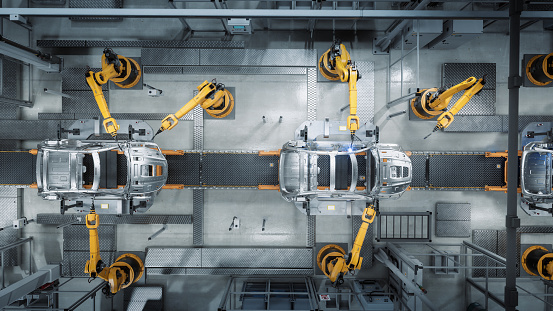
Contemplating the Impact of Singularity: Machines, Consciousness, and Humanity’s Future
Some may claim that we have already arrived at the point of singularity. After all, computers enable us to communicate with one another, monitor complicated systems such as global markets, and even command the world’s most destructive weapons. Furthermore, robots have made automation a reality for jobs ranging from vehicle manufacturing to computer chip manufacturing.
Well, you can relax for now because machines are the ones who must answer to humans… emphasis on ‘for now’. They are unable to make decisions for themselves or employ intuition outside of their programming. Machines remain tools without consciousness and the ability to develop based on available data.
But how long do you think this will last? Are we on the verge of a world in which machines develop consciousness? What happens if they succeed? Will we live in a world where computers and robots perform all the work while humans reap the benefits and become even lazier? Will we, like in “The Matrix,” be turned into ineffective batteries? Or will machines annihilate humanity from the face of the planet?
These questions and perhaps the entire concept of singularity may appear absurd to the typical individual. I mean, the first time the concept of the internet was introduced, it must have sounded just as crazy but here we are. However, other people believe that we should be thinking about these issues right now.
Let’s take a closer look, shall we?

Computer technology advances at a quicker pace than most other technologies do. Every two years or so, the processing power of computers doubles. Moore’s Law, which asserts that transistors double in power every 18 months, explains this tendency. In order to maintain the accuracy of this law, chip manufacturers push themselves to meet up with its prediction. At this rate, it will only be a matter of time before humans create a machine that can “think” like a person.
However, hardware is only one aspect of the puzzle. Someone will have to create software that allows a computer to interpret data, make judgments, and act independently before artificial intelligence becomes a reality. If this occurs, we can expect machines to start designing and building even better machines. These new machines could create models that are faster and more powerful. If this happens, we would have entered an age where technological advances move at a rate we can’t even dream of right now.
What would The Singularity look like?
What would happen in the case that singularity is achieved? It is absolutely impossible to say. We can only speculate on what the world would look like if it were to change drastically.
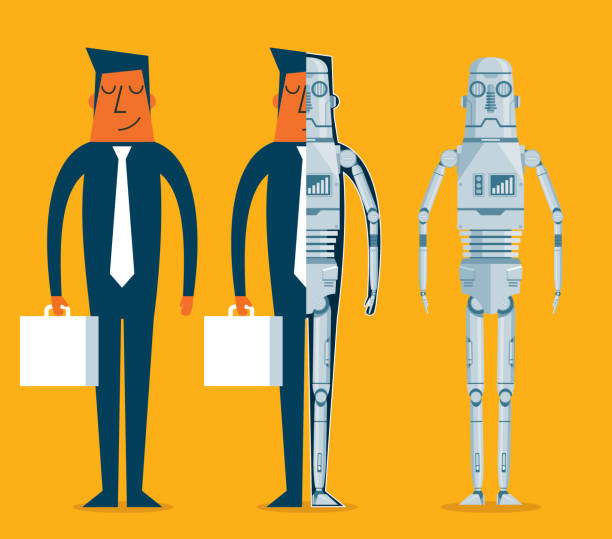
While it’s certainly not very useful to offer possible scenarios, it is a lot of fun regardless. Perhaps we will live in a future where each individual’s awareness is fused with a computer network (this sounds a lot like the Metaverse).
Alternatively, machines may perform all of our jobs for us, allowing us to live in luxury. But what if machines regard humans as obsolete, or worse? Could machines come to the conclusion that humans are not only unneeded but also unwelcome when they reach the stage where they can repair themselves and even produce better copies of themselves?
Is The Singularity inevitable?
The answer to this question depends on who you ask. Not everyone believes we are destined — or doomed to achieve singularity. While some are consciously watching how they treat their machinery so they don’t come alive and take revenge one day, some are utterly convinced that singularity is utterly impossible to achieve.
Let’s go back to Moore’s law. Moore predicted that the number of transistors per square inch on an integrated circuit board would double every year. We now state that an integrated circuit’s data density doubles every 18 months.
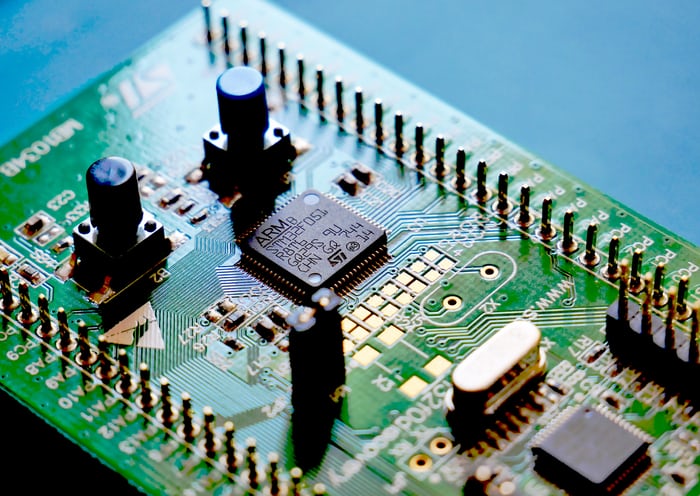
Nanoscale transistors are now being created. Transistors in recent Intel and AMD microprocessors are 45 nanometers wide, and that’s saying something because as tiny as the human hair is, it can have a diameter of up to 180,000 nanometers.
Innovative Tech Solutions, Tailored for You
Our leading tech firm crafts custom software, web & mobile apps, designed with your unique needs in mind. Elevate your business with cutting-edge solutions no one else can offer.
Start NowScientists and physicists are not sure how long this will last. We are nearing the fundamental boundaries of what we can achieve by manufacturing smaller transistors, according to Gordon Moore, who stated it in 2005. Even if we figured out how to make transistors on a nanoscale scale, they may still not necessarily work.
When dealing with things of nanoscale size, it turns out that they act in ways that appear to defy logic. Physicists have demonstrated that electrons can pass through incredibly thin material as if the material didn’t exist. This is referred to as electron or quantum tunnelling.
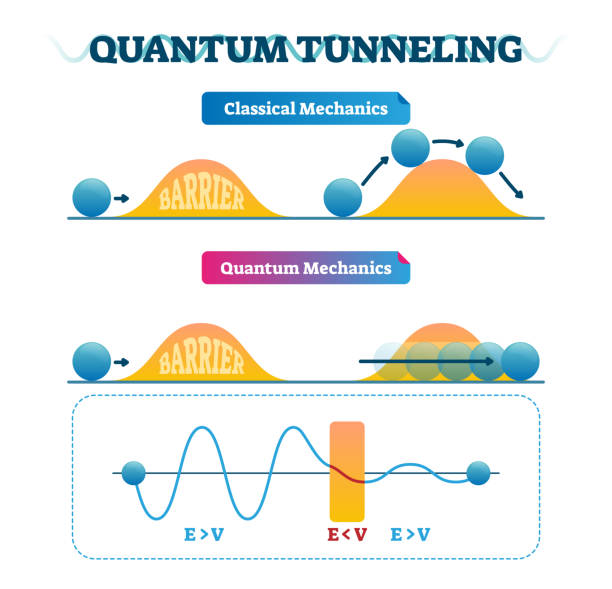
Exploring the Implications of Technological Advancements and the Singularity
The electron doesn’t actually make a physical hole in the material; instead, it appears to approach from one side and exit from the other almost like a ghost walking through a wall. This is a concern because transistors control the flow of electrons like a valve. If microprocessors continue to reduce in size, they would most likely lose functionality.
That is the physical limit Gordon Moore was probably referring to. If we hit this limit before we can make super-intelligent, self-aware machines, the singularity will never be achieved. But then there are other options, such as vertically stacking chips, employing optics, and dabbling with nanotechnology, there’s no guarantee that we’ll be able to continue to obey Moore’s Law.
Some people believe singularity can be prevented by using safety features or chips in machines before they can become self-aware. Again, if you have watched any movie that centred around the concept of singularity, the robots always find ways around the rules and become self-aware anyway. And don’t even think too much about safety chips because what good did that do Dr Otto Octavius from Spiderman 1?
No one knows if the singularity is unavoidable. There are many other engineers and philosophers who believe it is irrelevant. However, if I were you, I would think hard before mistreating a piece of machinery because you never know when it will come after you for retaliation.
Before You Go…
Hey, thank you for reading this blog to the end. I hope it was helpful. Let me tell you a little bit about Nicholas Idoko Technologies. We help businesses and companies build an online presence by developing web, mobile, desktop, and blockchain applications.
We also help aspiring software developers and programmers learn the skills they need to have a successful career. Take your first step to becoming a programming boss by joining our Learn To Code academy today!
Be sure to contact us if you need more information or have any questions! We are readily available.











